 Highgate, UK
Highgate, UK When I lived in Robe, South Australia, a friend used her mansion up the road for a guest house. The whole thing had been imported from England by a former resident.
Of course, the wealthy English higher classes spared no expense on their structure. But circumstances have changed. Sometimes, the National Trust steps in to take over and finance repairs of these dilapidated buildings.
When we first moved into our flat, nestled beside Tudor-style cottages in Elstree, UK, one mansion, the former home of Lord Baden Powell (of Boy Scouts fame) was owned by an old lady who was a typical recluse. Reminding me of a witch's retreat, the house needed attention. I guess she moved on, because a local businessman bought it and began immediate reconstruction. I've used the home in my latest novel, Shattered Shells. Hehe. Couldn't resist.
 Abandoned station
Abandoned station Many stations closed as a result of the Beeching report, which aimed to make the railways profitable.
In living memory, other lines closed as services were withdrawn, stations relocated or because of financial restraints. Today, the BBC featured an excellent article on people who remember them well.
But what of the underground stations? About 40 abandoned or relocated stations of the Underground network remain along its entire 255 miles (408Km) of track. Some are subsurface and some above ground. Many have vanished without trace. However, some stations are almost intact, dusty time capsules of the era when they were closed. See the fascinating facts on London Underground History.

When writing a dystopian series of novels with my German partner, Edith Parzefall, I considered a London of the future. In the novel, Long Doom Calling (named after the song: London Calling) our bunch of bumpkins from Corn World (Cornwall) reach the city. Low and behold, the underground stations are used for shelter.
Here's a short excerpt:
Boris glanced around. No fires or people in sight. “Are we the only ones still outside?”
No longer walking a step ahead, Eliza stuck close to his side. “We're getting near the Undead colony. They live underground. The place has steps and all. Even a sign above the door. They call it The Elf, Ant and Castle.”
“Funny name. Hey, you don't talk like you've got a potato in your mouth anymore.”
“Why bother without Aron or street kids around.” She smiled. “Anyway, most of the other places underground are flooded. When it's dark, the leeps spread out and scavenge whatever useful things they can find. No one in their right mind dares to stay outside and risk catching their sickness.”
Boris tried to swallow the lump in his throat but couldn't. “Makes sense, I guess. You stay back when we get to them.”
The beautiful paperback version of this novel is reduced to the amazing price of £2.44 at the moment. Although published by Double Dragon, Edith paid extra for special printing.

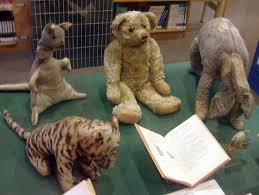
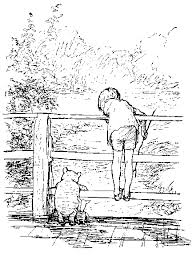
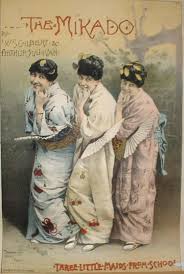
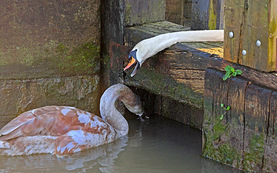



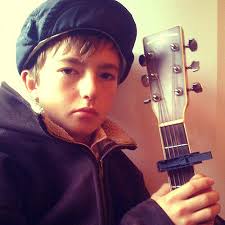

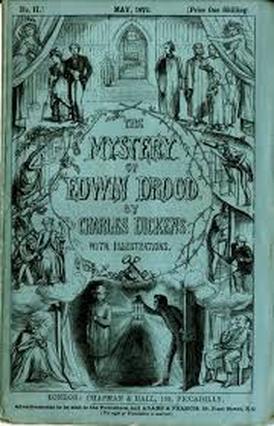






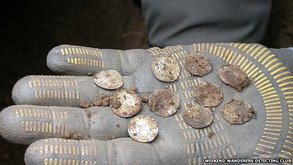


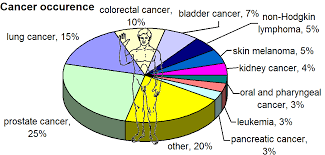
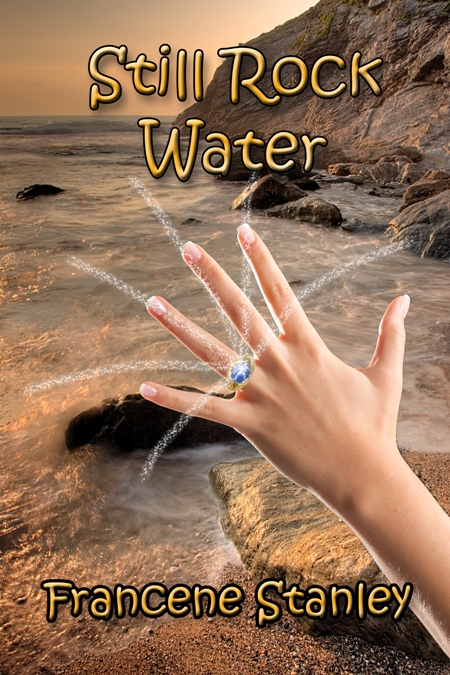
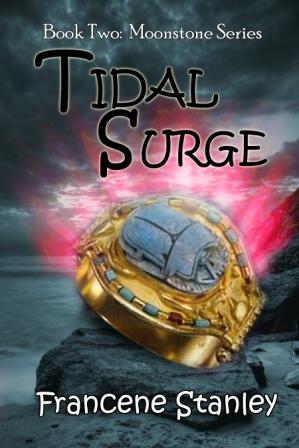
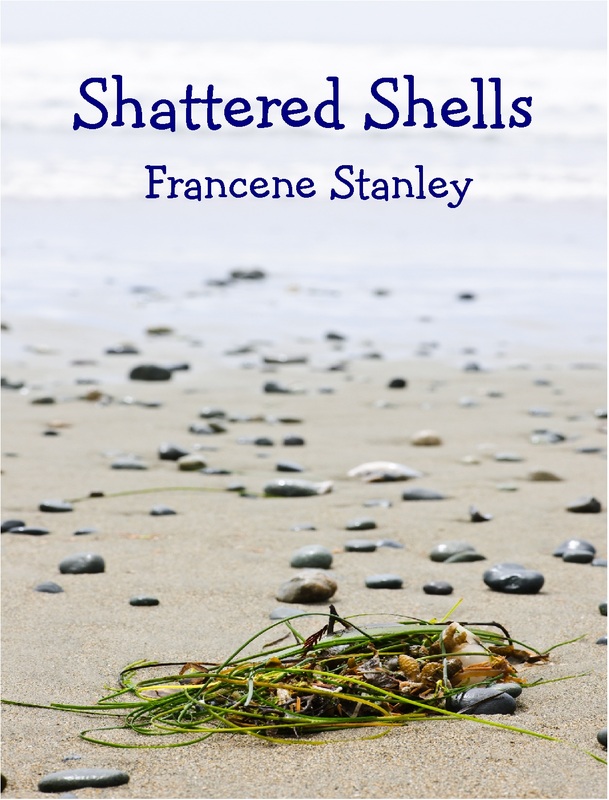
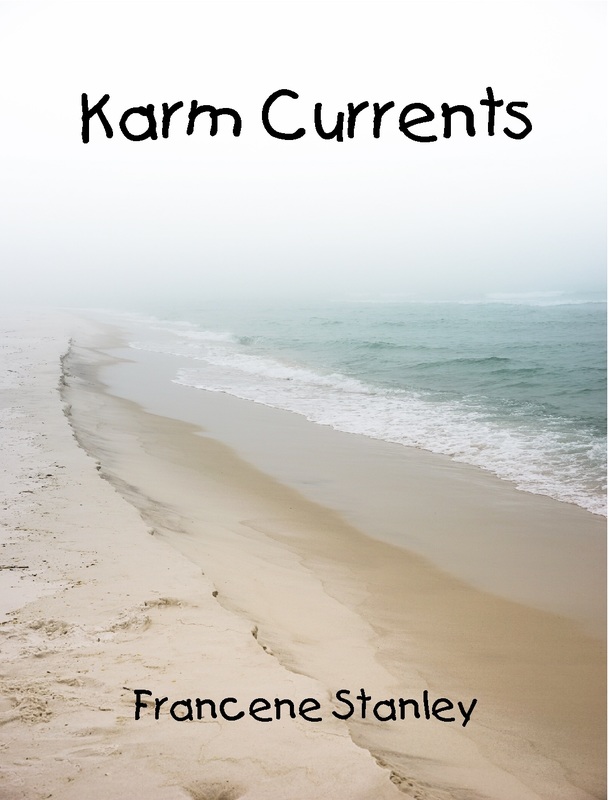
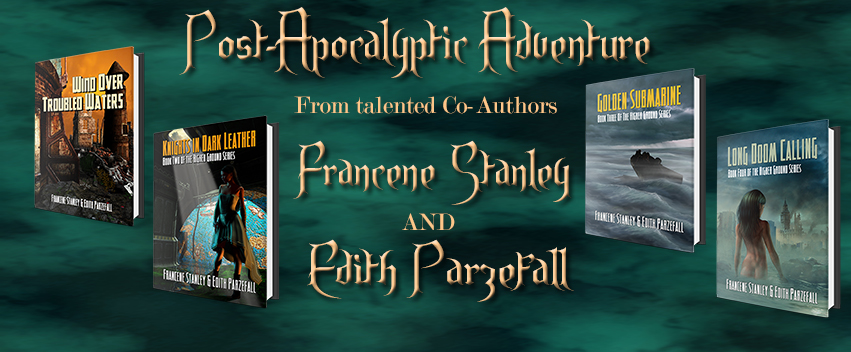
 RSS Feed
RSS Feed
